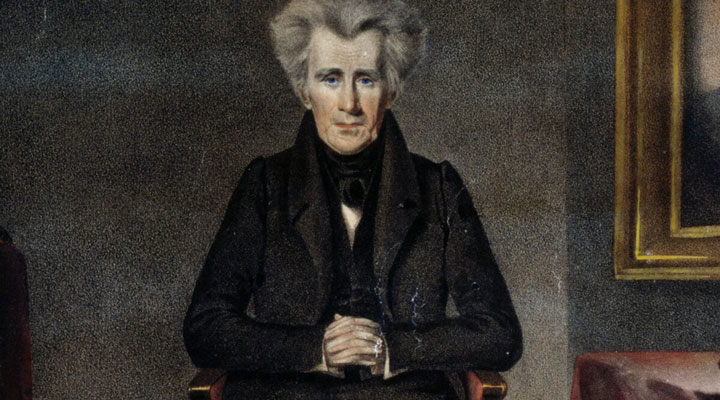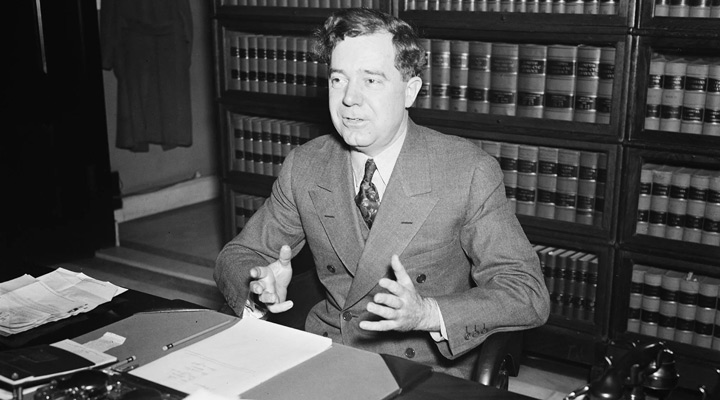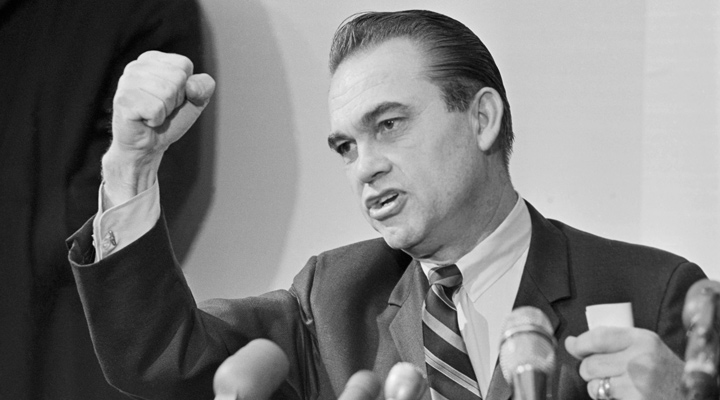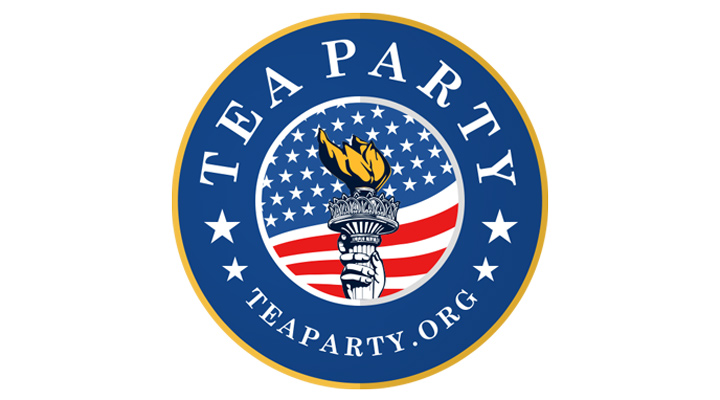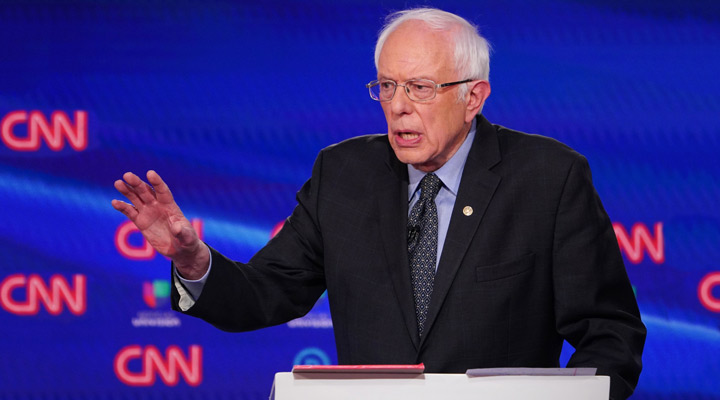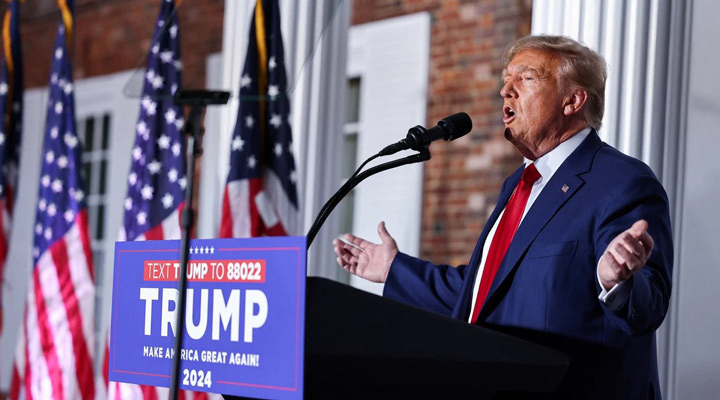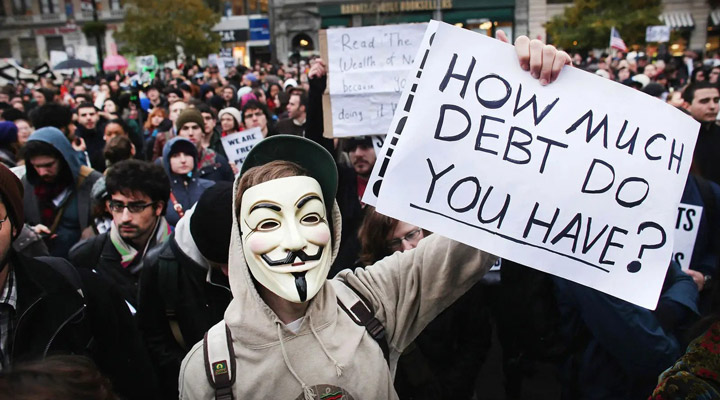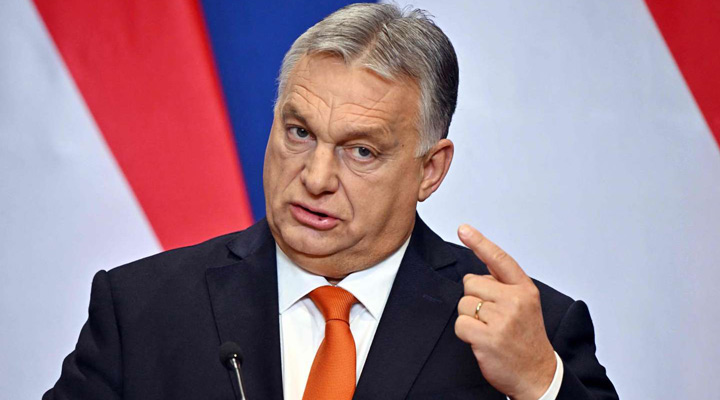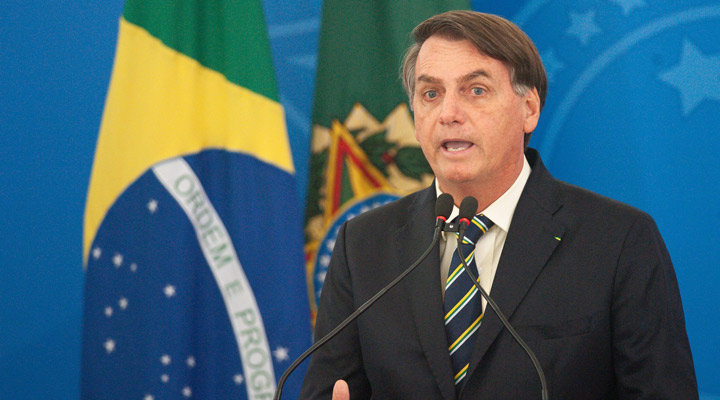What is populism? What do populist politicians say?

Throughout history, there have always been political movements. At the head of them, there have been leaders whose approach has been populism or, as it is known, winning the people’s hearts. These movements are called populism, and their school of thought is called populism. Populist leaders try to present themselves as the only real representatives of the people by convincing the people that the elites of society do not care about their concerns and issues. This movement started in the late 19th century in America. Since then, we have seen the emergence of political parties, politicians, and leaders who follow this school of thought many times worldwide. This article is dedicated to the detailed explanation of populism in simple language.
What is the definition of populism?
Populism means populism. Social and political scientists have offered various definitions of populism. Still, the most common definition is an idea-oriented definition that identifies populists with their ideas and words. According to this definition, populism is a vast struggle between the people of the “good and moral” society and the “corrupt, selfish, and conspiratorial” elites.
In the idea-oriented approach, populists usually define people according to their socioeconomic class, ethnicity, or nationality. On the other hand, elites are defined as an amorphous entity comprising several political, economic, cultural, and media entities. According to populists, the elites consider their interests “in sync with” the interests of other interest groups, such as immigrants, labor unions, and large corporations, and “before” the interests of the people.
Suppose we base the definition of populism on the ideas of its followers. In that case, the basic features of populism can often be found in other ideologies, such as nationalism, classical liberalism, or socialism. So populists fall anywhere on the political spectrum, from conservative to libertarian.
Leaders of populist movements are often dominant, charismatic figures who claim to act as the voice of the people in government. For example, Donald Trump, the populist president of the United States, stated in his January 2017 speech:
While our people have borne the cost, a small group in our country’s capital has reaped the government’s benefits for a long time.
Other definitions of populism and the concept of demagoguery
There is another definition of populism that, unlike the idea-oriented purpose, considers it a social and liberating force. According to this definition, populism seeks to help marginalized groups that try to challenge the structures of the ruling system. Economists sometimes associate populism with governments that fund domestic spending through loans from foreign countries instead of taxing the people, and in this way, seek to attract people, a practice that often leads to hyperinflation and ultimately to emergency measures to address it.
A more negative definition of populism considers it a synonym of demagoguery, which means giving simple and watery answers to complex issues. Also, sometimes, it is equated with political “opportunism,” which attempts to satisfy the voters without considering precise and logical solutions to solve society’s problems.
Populism criticizes political representation and anything that mediates the relationship between the people and the leader or the government, and in its most democratic form, seeks to defend the interests and maximize the power of ordinary citizens through reform, not revolution.
History of populism
It is said that the beginning of populism dates back to the presidency of Andrew Jackson in America and the formation of the Populist Party in 1892. Since then, this school of politics has repeatedly emerged in America and other democracies worldwide, with varying degrees of success. As in other parts of the world, populist movements in America claim to represent the ordinary people in the “us vs. them” struggle against the elites. The first populist president of America was Andrew Jackson, and the last one until the time of writing this article was Donald Trump.
Andrew Jackson, People’s President
Jackson, America’s first populist president
Andrew Jackson was the president of the United States from 1829 to 1837, and he was called the people’s president. There is no doubt about the fact that he was the first American populist leader. His opposition to previous government institutions characterized Jackson’s presidency. He was the one who shortened the hand of the government from the Second Bank and then the National Bank of this country and demanded to disobey many of the Supreme Court of America rulings or cancel them. He argued that “it is unfortunate that the rich and powerful in society can pervert the laws of government for their selfish purposes.”
Populist Party: The first organized populist party
Populism in the form of organized political movements began in 1892 with the emergence of the Populist Party in America. The party favored primarily farmers in the American South and West. It adopted parts of the Greenback Party’s policies, including the ban on foreigners owning American farmland and Granger’s state laws to control the cost of transporting farmers’ produce to market by railroad.
The role of women in the populist party
From organizing gatherings and giving speeches to writing articles about the party’s agenda, women played an essential role in the Populist Party. However, they were not allowed to vote until about three decades later! The Populist Party supported the “Temperance and Prohibition” movement to restrict and ban alcohol consumption, outlawing monopoly and collusion by producers to set prices to the detriment of consumers.
Avoiding appealing to black people’s votes
Populist party leaders avoided appealing to the black vote for fear of being labeled anti-white. By promoting specific social and economic policies that benefited both races, they hoped to reassure white voters that these policies did not mean supporting racial equality. Even some influential members of the party in the American South openly supported white supremacy laws such as Jim Crow laws so as not to create opposition for themselves.
James B. B. Weaver, the Populist Party’s candidate for president in the 1892 election, won 22 electoral votes at the height of his popularity, all from the Deep South states. However, this party, which could not win the support of northern voters, gradually lost its popularity and was dissolved by 1908.
Hui Long: Assassinated U.S. Senator
assassinated American senator; Hui Long
Huey Long of Louisiana, known for his fiery oratory and charismatic style, launched the first successful populist political movement of the 20th century. From a seat on the Louisiana Railroad Commission in 1918, Long won a wave of popular support for his promises during the Great Depression of 1928. He was the governor of Louisiana from 1932 to 1935. Long’s popularity grew mainly through his efforts to end the state’s monopolies, most notably his dangerous fight to break up the Standard Oil monopoly of John D. It was Rockefeller.
During his tenure as governor, Long established his dominance over Louisiana politics. He gave more executive powers to the police and appointed his friends to head government agencies. It also gained more public support by taxing the wealthy to fund education, infrastructure, and energy programs.
In 1930, while retaining power in Louisiana by electing a dummy governor, Long became a member of the United States Senate and then began planning a presidential run. Hoping to increase his popularity, he proposed the creation of a national wealth-sharing club, which would supposedly redistribute wealth and end income inequality. He presented anti-poverty programs that went far beyond Franklin D.’s New Deal using his newspaper and radio station. Roosevelt was one of the most famous American presidents.
Although many supported him as the Democratic Party candidate in 1936, Hui Long failed to become president. He was assassinated on September 8, 1935, at the age of 42, in Baton Rouge, Louisiana. His name lives on in many places in the state, from bridges and libraries to schools and other public buildings.
George Wallace, Governor of Alabama
George Wallace, Governor of Alabama
Wallace was elected governor of Alabama in 1963. He became nationally famous for his efforts to prevent black students from entering the University of Alabama. Wallace won the governorship with his program of economic populism, which he claimed was in favor of ordinary people. He ran for the presidential election four times and was unsuccessful each time. His first defeat as a Democrat came in 1964 against Lyndon Johnson.
Racism has been part of some populist movements, with George Wallace being one of the most successful. However, he has repeatedly claimed that his fiery separatist speeches were merely political slogans and served no other purpose than to garner popular support. During his third presidential bid in 1972, Wallace denounced segregation. He claimed that he had always been a “moderate” on racial issues.
Populism in the 21st century
In the 21st century, we witnessed active populist movements on both conservative and libertarian sides.
The Tea Party in the Obama Era
Tea Party symbol
The Tea Party, formed in 2009, was a conservative populist movement that mainly opposed the social and economic policies of President Barack Obama. Focusing on a series of conspiracy theories and false beliefs about Obama, it pushed the Republican Party toward right-wing libertarianism.
Bernie Sanders, Independent Senator from Vermont
Bernie Sanders; U.S. Senator
The race for the 2016 Democratic Party presidential nomination was a show of battle between libertarian populist styles. Vermont independent Sen. Bernie Sanders, who usually aligns with Senate Democrats, opposed former Secretary of State and U.S. Senator Hillary Clinton. Although he ultimately lost the presidential bid, he survived criticism for his association with socialism for running a viral campaign promoting income equality and taxing the rich more.
Donald Trump, Former President of the United States
Donald Trump, Former President of the United States
In the 2016 presidential election, Republican real estate mogul Donald Trump defeated Hillary Clinton and won most of the electoral votes despite losing the popular vote. Trump ran one of the most successful populist campaigns in U.S. history using the slogan “Make America Great Again.” He promised to rescind all of Obama’s executive orders and federal regulations that hurt the United States of America. For example, reduce legal immigration, build a security fence to prevent illegal immigration along the U.S.-Mexico border, and adopt a resolutely isolationist stance toward other countries, including some U.S. allies.
Populist ideals
Right or left political ideologies apply to the positions of populist movements and parties on economic and cultural issues such as wealth redistribution, nationalism, and immigration. Right and left populist parties differ in the main aspects of their competition. For example, right-wing populism mainly competes from a cultural part. Still, left-wing populism does so from an economic interest.
Right-wing populism
Right-wing populist movements usually support nationalism, social conservatism, and economic nationalism. They support domestic production to protect the country’s economy against foreign competition.
Right-wing populists, who are primarily conservative, tend to promote mistrust of science, such as on global warming or climate change. They agree with the policy of limited immigration.
Cas Mudde, a Dutch political scientist who focuses on political extremism and populism, argues that the core concept of right-wing populism is “the people.” However, Maud believes that the term localism expresses this concept better than nationalism, A type of xenophobia that claims that almost all non-natives should be removed from the country.
In areas of social policy, right-wing populists tend to oppose raising taxes on the wealthy and big corporations to combat income inequality. They usually oppose government regulations limiting private companies’ powers to do business.
In Europe, right-wing populism is associated with politicians and political parties opposed to immigration, especially from Muslim countries. These parties criticize the European Union and European integration. In the West, including the United States, right-wing populism is more associated with anti-environmentalism, cultural nationalism, opposition to globalization, and nativism. Of course, some right-wing populists support the expansion of welfare programs only for a select “deserving” class, A practice known as welfare chauvinism.
Left-wing populism
Occupy Wall Street: They wrote on the placard: How much is your debt?
Left-wing populism, social populism, combines traditional libertarian politics with populist themes. Left populists claim that their cause in their socioeconomic struggles against the establishment is the interests of ordinary people. In addition to anti-elitism, the left-wing populist policy includes economic equality, social justice, and skepticism about globalization. This criticism of globalization is partially attributed to the anti-militarism and anti-interventionism sentiments that have become common among left populists due to U.S. military operations in areas such as the Middle East.
Perhaps one of the most evident signs of left populism is the Occupy Wall Street movement on September 17, 2011. This movement showed how the lack of democracy leads to social and economic inequality. The Occupy movement, sometimes mistakenly accused of using anarchist techniques, attempted to achieve social and economic equality with a new form of democracy and even violence. Some of the main concerns of this movement were the undermining of democracy by the disproportionate distribution of wealth among the elite minority, something caused by large corporations, the global banking and investment system. Unlike right-wing populism, left-wing populist parties tend to claim to support minority rights and racial equality. They believe that nationality cannot be defined only by ethnicity or culture.
Important features of populism
Parliamentary democracies common in the United States are based on a pluralistic system that recognizes the values and interests of all different groups. Of course, populists are not pluralists. They only consider legitimate the interests of groups called “the people.”
Populist politicians often use rhetoric that helps incite anger, promote conspiracy theories, express distrust of elites, and promote extreme nationalism. Dr. Benjamin Moffitt argues in his book The Global Rise of Populism that populist leaders tend to maintain a state of emergency. A situation in which elites or outsiders constantly threaten people.
Populism’s dependence on authoritarianism and its lack of trust in the ruling system led to the emergence of strong leaders. This general populist sentiment was best expressed by the late Venezuelan President Hugo Chávez:
I am not a person; I am a people.
The state of populism in the world
According to the Tony Blair Institute for Global Change, the number of populist powers worldwide and outside the U.S. has increased since 1990. Apart from the countries of Latin America and Eastern and Central Europe, where populism is traditionally shared in those regions, populism is also prevalent in Asia and Western Europe.
Populism, which was primarily seen in emerging democracies, has now gained strength in old democracies. From 1950 to 2000, populism was identified with the political style and policies of Latin American leaders such as Juan Peron in Argentina and Hugo Chávez in Venezuela. At the beginning of the 21st century, populist authoritarian regimes emerged in European and Latin American countries, especially Hungary and Brazil.
Hungary; Viktor Orban
Viktor Orban, Prime Minister of Hungary
After Viktor Orbán was elected for a second term as Hungary’s prime minister in May 2010, his populist party, Fidesz, or the Hungarian Civil Party, has been consistently eliminating or downplaying the essential elements of the country’s democratic systems. Orban presents himself as a defender of the non-libertarian government, a system in which even though elections are held, citizens are deprived of knowing the truth about the activities of their leaders due to the lack of civil liberties. From the outset, he adopted hostile policies toward LGBTQ people and immigrants. He pressured the press, educational institutions, and the judiciary.
For re-election in 2022, Orban faced six opposition parties from the far left to the far right, all formed to oust him. However, he still managed to keep the position of Hungary’s Prime Minister.
Brazil; Jair Bolsonaro
Jair Bolsonaro; President of Brazil
Jair Bolsonaro is a far-right Brazilian populist who won the country’s presidential election in October 2018. Some worried that he had publicly praised the brutal military dictatorship that ruled Brazil from 1964 to 1985. This was a clear wake-up call for Brazil’s hard-won new democracy. Others assured that the country’s fully independent press and judiciary would crack down on any authoritarian policies he might pursue.
Bolsonaro was removed on January 1, 2023. In 2022, he faced criticism for mismanagement in the economy and dealing with Corona. Shortly before the country was hit by one of the worst disasters of the century, COVID-19, Bolsonaro assured Brazilians that the respiratory illness was just a simple flu. With this false assumption and to keep the country’s economy afloat, he opposed the quarantine and despised wearing masks. He even stated that he does not trust the coronavirus vaccine. Brazil’s Supreme Court ordered an official investigation into Bolsonaro’s statements on October 24, 2021. At that time, he claimed that coronavirus vaccines may increase the possibility of contracting AIDS.
final word
In this article, we talked about populism or populism, and we saw that the goal of populists is to attract people and distance them from the elites of society. However, contemporary populism is often associated with an authoritarian form of politics. Populist politics revolves around charismatic leaders who appeal to the people’s will to consolidate their power and claim to embody the will of the people.
In this personalized form of politics, political parties lose their importance. Instead of showing people’s loyalty, elections serve to confirm the leader’s authority. Some forms of authoritarian populism are associated with extreme nationalism, racism, conspiracy, and victimization of marginalized groups. Each plays a role in consolidating the leader’s power, diverting public attention from his failures, and hiding from the people the nature of the rule or the natural causes of economic or social problems.
What do you think about populism? Do you approve or disagree? Please share your views with us.
